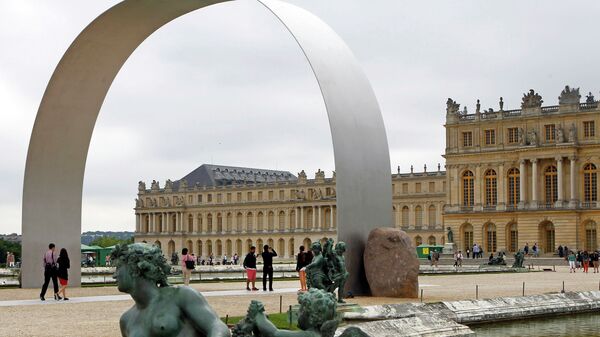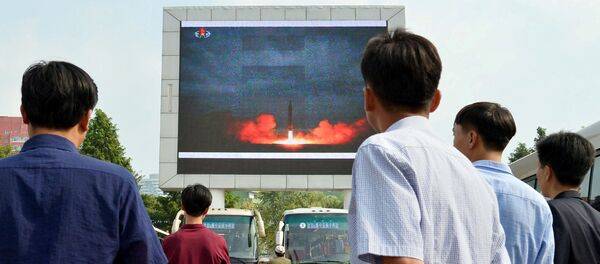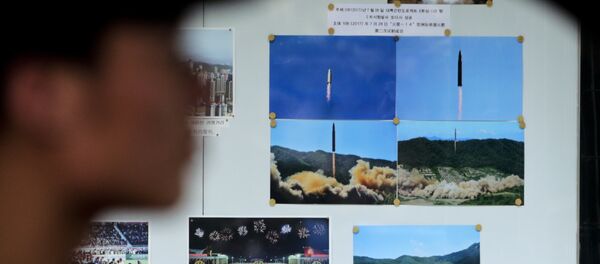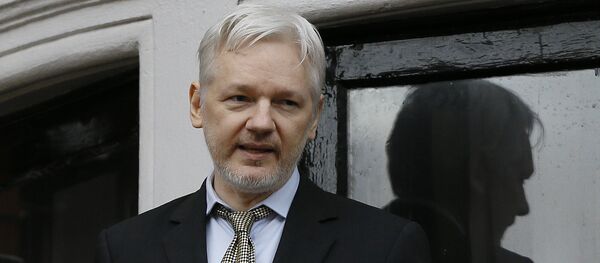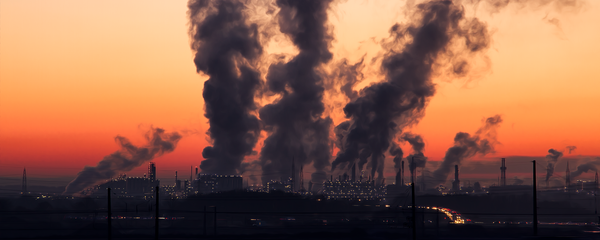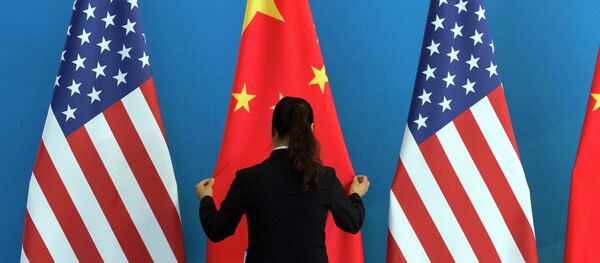In late August, Shi was one of the seven international contemporary artists and curators who took part in Norwegian artist Morten Traavik's DMZ Academy project. According to Traavik, the goal of the nine-day project was to give artists from China, France, Germany, Norway and the UK a chance to meet face to face with their North Korean colleagues at "the first-ever contemporary arts symposium and workshop" in Pyongyang.
Running from August 26 to September 4, events included work demonstrations, forums and artistic activities meant to provide on-the-spot inspiration.
While this was not the first cultural event that Traavik had carried out in North Korea, it was certainly the most difficult one.
"I can safely say, with my experience of five years and 20 visits of organizing and directing cultural exchanges between North Korea and the outside world, that this was by far my toughest and hardest experience," Traavik wrote in an e-mail to the Global Times, explaining how recent international tensions have impacted the country.
"The atmosphere inside North Korea is now very strongly colored by fear and suspicion of the outside world… all the propaganda posters you see put on public view are very aggressively anti-American.
"[They were] showing North Korean — presumably nuclear — missiles bombing the White House, fang-toothed and rat-like American soldiers skewered on North Korean AK-47 bayonets, and so on," the Norwegian artist said.
This increased atmosphere of suspicion also impacted the event.
For example, Traavik mentioned that his co-organizers in the North Korean Committee for Cultural Relations were constantly interfering and censoring their interactions with the North Korean artists. While Traavik understood why any topic touching upon North Korean leadership and state ideology were forbidden, he was puzzled as to why some simple depictions of people showing a bit of skin were not allowed even though they were not pornographic or sexually suggestive at all.
"Even some short music excerpts of contemporary music worried them [the Committee] enormously and they tried to keep us from showing those too," Traavik said, adding that in the end they stood their ground and fought for what had originally been agreed upon.
Another hiccup for the event had to do with the participants. While artists from both the Pyongyang University of Fine Arts and the Mansudae Art Studios were originally meant to participate in the event, only the former showed up. Fortunately, the artists from Pyongyang were "very graceful and generous hosts," as Traavik described. "[This] allowed us after all to have some meaningful exchanges in the fields of painting, sculpting, sound installation art, [just] to mention some."
Shi noted that their movements were under strict supervision.
"The 15 of us were accompanied by four officials from the nation's cultural department," Shi told the Global Times. "We weren't allowed to take pictures whenever we wanted, not even pictures of the buildings we saw from the bus window… mobile phones and computers were examined before entering customs and we would be called back if we walked out of the hotel without permission."
Shi said that although North Korean teachers and students took part in a presentation near the end of the program, during which time everyone was able to share their works, there were not given the opportunity to talk with the students.
"Morten tried to hold a cultural exchange event but the North Korean side was not very cooperative," Shi explained. "I think… that they only care about artists telling the world that North Korea is the best."
Having held various exchange programs between North Korea and the West since the late 2000s, Traavik has built up a close relationship with several North Korean officials. The Norwegian artist said that he believes he is seen by local officials as a "golden goose," as he brings foreigners to the country and introduces North Koreans to the Western world.
"I think the community is happy to work with me. They don't want to share me with other organizations or communities," Traavik once told the Global Times in 2015, before his last project — bringing the avant-garde Slovenia rock'n'roll band Laibach to a concert for the 70th anniversary of the Korean Peninsula's liberation from Japanese colonization.
Traavik does not place the blame for the current political climate solely on the shoulders of the North Korean government.
"I regard the current situation to be at least as much the responsibility of incompetent and failed strategies from the USA and its Western allies as of the North Korean leadership."
"Like I — and the Chinese government — have always said, extreme words will only bring more tension and encourage the most war-minded elements on all sides in the Korean conflict," he added.
Traavik's constant activities within North Korea have caused him to come under fire by some Western critics, who said that by working "closely with the authoritarian government in Pyongyang" he was "perpetrating grave rights abuses against its people" as reported by The Guardian.
However, Traavik defends his decision to work with North Korea, pointing out that while he thinks artists in the country outperform their Western counterparts when it comes to technical prowess, he believes that North Korean artists need an influx of new ideas and ways of looking at what art actually is and can be.
"And this is where an exchange with Western contemporary artists who tend to work more with ideas than with technical perfection can benefit North Korean artists," he wrote.
While Traavik still believes in the benefits that cultural exchanges can bring those within and outside North Korea, his experiences holding the event have caused him to choose to put things on hold for a while.
"I find that there is not the necessary trust that is needed from both sides to conduct meaningful cultural exchanges in the spirit of mutual curiosity and understanding. I have therefore informed the DPRK Committee for Cultural Collaborations with Foreign Countries that I am suspending my further collaborations with the country until the political climate hopefully makes it possible again. When that will happen, no one knows, but it seems quite far away at the moment," he said.

